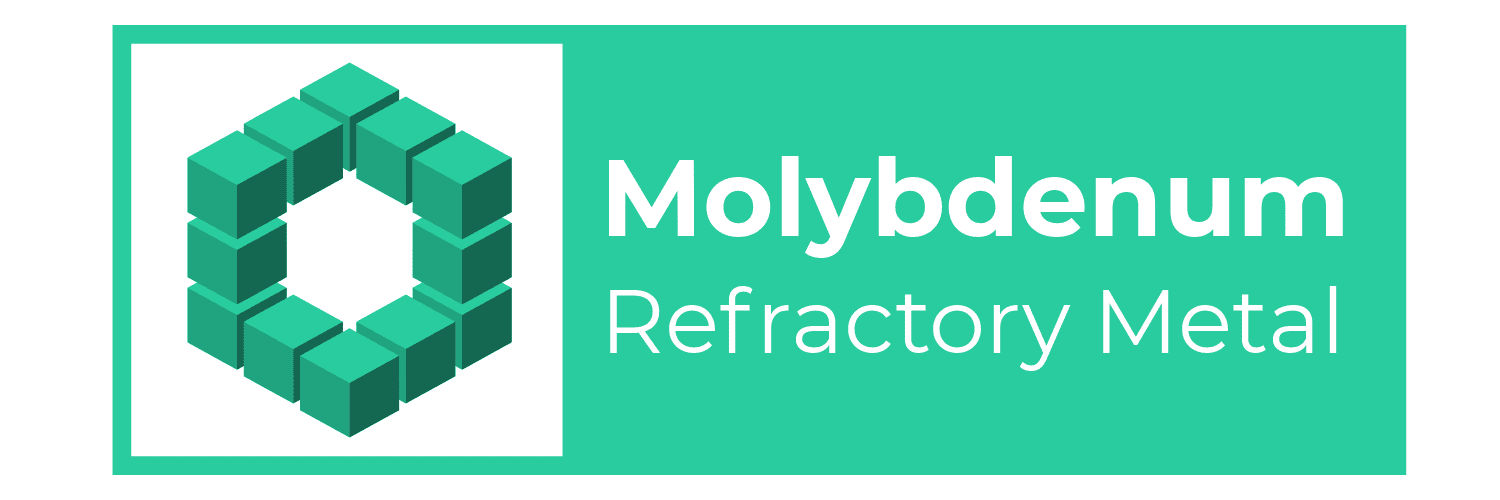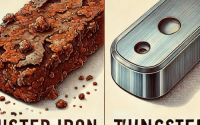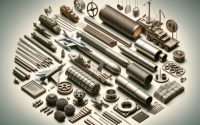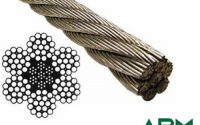Tungsten-Copper (WCu) Alloy: A Comprehensive Guide
Introduction
Tungsten-Copper (WCu) alloy is a composite material that amalgamates the high thermal and electrical conductivity of copper with the superior strength, wear resistance, and low thermal expansion of tungsten. This unique combination of properties makes WCu alloys indispensable for a range of demanding applications, from electronics to aerospace and defense. This article will discuss the composition, properties, manufacturing processes, applications, advantages, and challenges associated with WCu alloys.
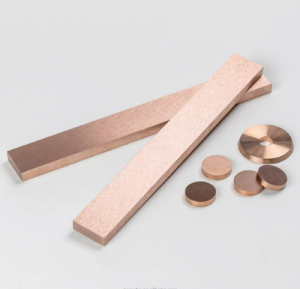
Composition and Properties
WCu alloys are typically composed of varying proportions of tungsten and copper, depending on the desired properties for specific applications. Common compositions include:
– WCu 70/30: 70% tungsten, 30% copper
– WCu 80/20: 80% tungsten, 20% copper
– WCu 90/10: 90% tungsten, 10% copper
The key properties of WCu alloys are:
- High Density: Ranging between 15.0 and 17.0 g/cm³ depending on the composition, providing robustness.
- High Thermal Conductivity: The copper component offers excellent heat dissipation, making it ideal for thermal management applications.
- High Electrical Conductivity: Copper also contributes to good electrical conductivity.
- Low Thermal Expansion: Tungsten ensures minimal expansion with temperature changes, maintaining dimensional stability.
- High Strength and Hardness: Tungsten imparts excellent mechanical properties, making WCu alloys highly durable.
- Good Wear Resistance: Suitable for high-wear applications, enhancing longevity.
- High Temperature Stability: Maintains mechanical and thermal properties at elevated temperatures, essential for high-temperature applications.
Manufacturing Process
The production of WCu alloys involves powder metallurgy techniques, which include:
- Powder Mixing: Tungsten and copper powders are thoroughly mixed in the desired proportions.
- Compaction: The mixed powders are pressed into the desired shape using high pressure.
- Sintering: The compacted powders are heated in a controlled atmosphere furnace to bond the particles together without melting the primary components.
- Infiltration (optional): For certain compositions, a secondary process where copper is melted and infiltrated into a pre-sintered tungsten skeleton is employed.
This process ensures a homogenous distribution of tungsten and copper, resulting in a material that combines the best properties of both metals.
Applications
WCu alloys are used in various industries due to their unique properties:
1. Electrical and Electronic Industry:
– Heat Sinks and Spreaders: Effective thermal management in electronic devices, preventing overheating.
– Electrical Contacts and Electrodes: High conductivity and durability for arc resistance and longevity.
2. Aerospace and Defense:
– Radiation Shields: High density and stability under radiation exposure, protecting sensitive components.
– Projectile and Missile Components: High strength and wear resistance, ensuring reliability and performance in critical applications.
3. Industrial Applications:
– Electro-discharge Machining (EDM) Electrodes: Precision machining with high wear resistance, ideal for producing intricate parts.
– Switchgear Components: Durable and reliable for high current applications, ensuring safety and efficiency.
4. Medical Industry:
– Radiotherapy Collimators: Precision and stability for targeting radiation, improving treatment outcomes.
Advantages
– Tailored Properties: The composition can be adjusted for specific requirements, offering versatility.
– Combination of Strength and Conductivity: Unique balance of mechanical and thermal/electrical properties, making it suitable for diverse applications.
– Durability: Excellent wear and temperature resistance, ensuring long service life.
Challenges
– Machinability: Tungsten’s hardness can make machining challenging, requiring specialized equipment and techniques.
– Cost: The cost of raw materials and complex manufacturing processes can be high, impacting the overall expense of WCu components.
Conclusion
WCu alloys are advanced materials that leverage the strengths of both tungsten and copper to deliver superior performance in demanding applications. Their high thermal and electrical conductivity, combined with mechanical strength and stability, make them indispensable in various high-tech and industrial fields. The choice of composition and processing method allows customization to meet specific application needs, providing a versatile solution for modern engineering challenges.
For those seeking detailed technical specifications, standards, and supply options, specialized manufacturers and suppliers like Advanced Refractory Metals (ARM) and Stanford Advanced Materials (SAM) offer comprehensive support and tailored solutions to meet industry demands.
